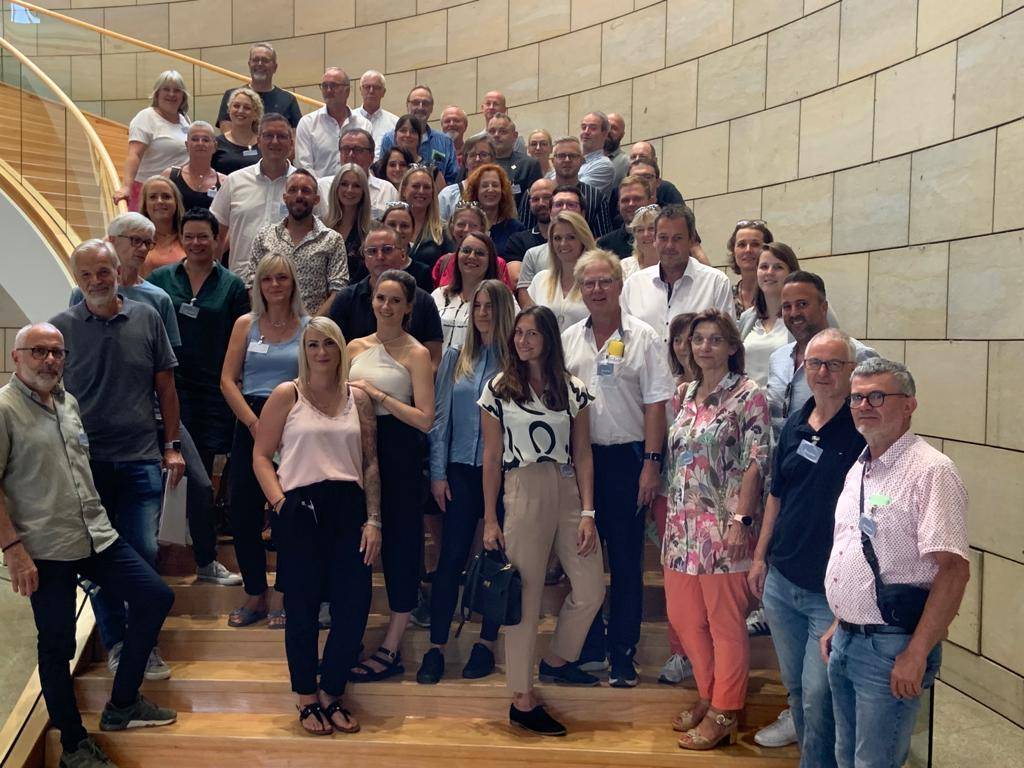On August 22, 2023, Marc Schmitz, President of the UEHJ participated as an expert in a hearing within the Justice Committee of the Parliament of North Rhine-Westphalia in Düsseldorf.
The hearing concerned the fixing of costs for judicial officers in the context of electronic service of documents.
As part of the various questions asked by the members of the Justice Committee, the UEHJ was able to make a comparison of the different systems within the European Union and draw the attention of parliamentarians to the fact that electronic service is not limited to a single mouse click.
The digitization of various work processes is very often wrongly advanced to reduce existing fees or remuneration by arguing that the workload is less. But this is not necessarily true. While digitalization aims to simplify various workflows and, above all, make them more secure, it also creates new workflows that simply did not exist as such before the introduction of digitalization.
In particular, the reception of data as well as the visualization and assignment of different data represent an additional effort previously unknown in terms of time.
The reduction of fees or remunerations, on the one hand, and the increase in workload or the creation of new unpaid work processes, on the other, will not only inevitably but also quickly lead to a collapse of the system.
In addition, the liability associated with electronic service is exactly the same as that associated with traditional service. The judicial officer must take the same care in the preparation and execution of electronic service as in traditional service, and the legal consequences are the same in case of error. So why should the fees associated with electronic service be considerably lower than the traditional service fee?
The UEHJ supports the German colleagues in their approaches to the judicial authorities for a fair tariffication in the context of electronic service.
More than 70 German colleagues came to parliament to follow the debates.





